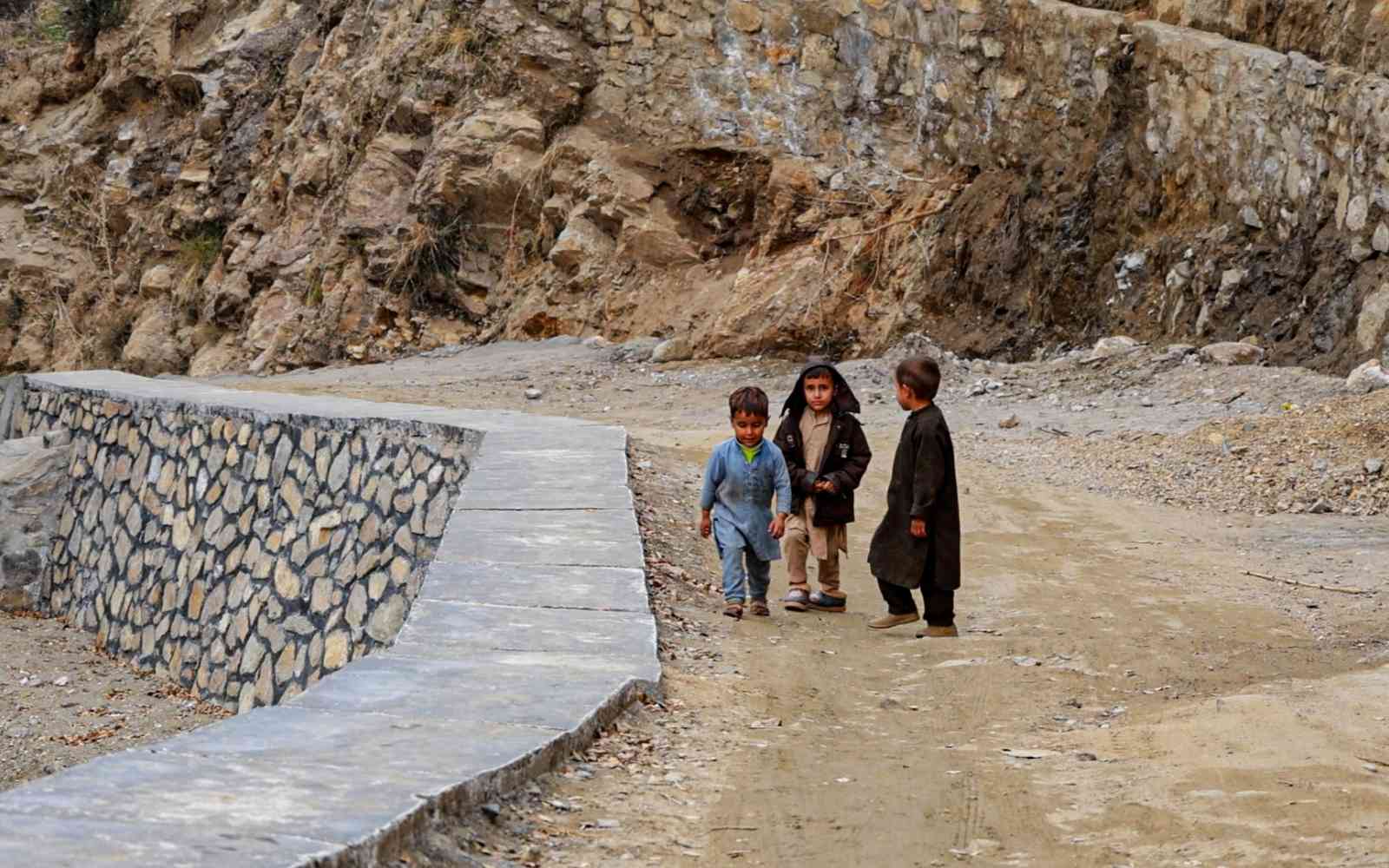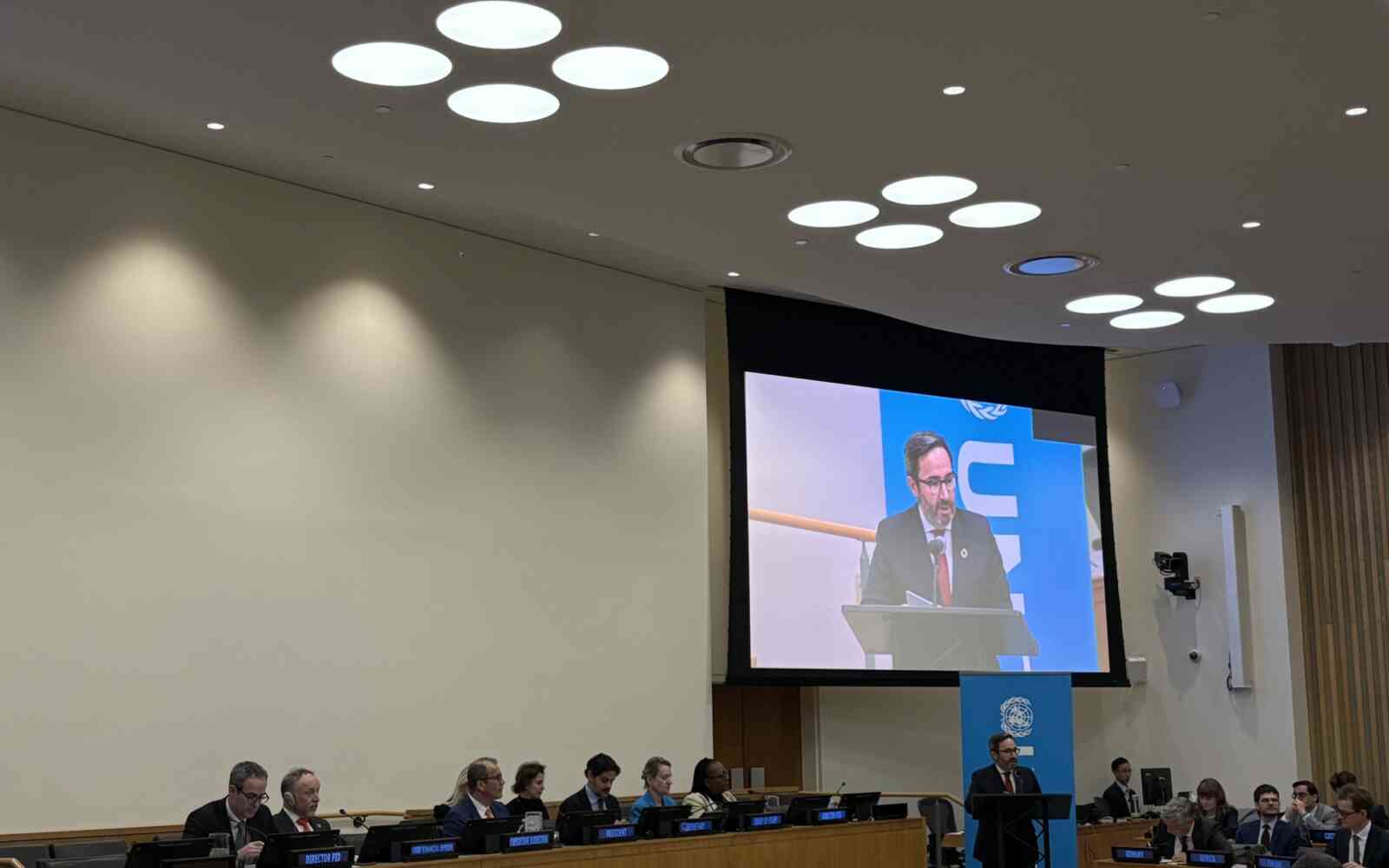The United Nations Office for Project Services (UNOPS)
UNOPS announces climate commitments
As the world comes together to push for action to tackle the climate crisis during the UN Climate Change Conference (COP28), UNOPS renews its commitment to climate action in our internal operations and through projects for partners.
As part of efforts for a climate neutral UN system and in alignment with the Paris Agreement and the UN Secretariat Climate Action Plan (UNSCAP) targets, UNOPS pledges to reduce corporate emissions by 45 per cent by 2030, and to reach net-zero before 2050. This includes offsetting emissions generated from UNOPS internal operations around the world, including air travel and electricity consumption.
The commitment to climate action runs through all aspects of UNOPS work.
Committed to sustainable development, we're reducing greenhouse gas emissions across our infrastructure, procurement, and project management operations. Our goal: a 45% reduction in corporate emissions by 2030, aligning with the Paris Agreement, & achieving net zero before 2050. pic.twitter.com/hkirOhszOC
— Jorge Moreira da Silva (@UNOPS_Chief) December 4, 2023
“This includes reducing emissions in our own internal operations, accounting for our emissions through our suppliers, and importantly – working with partners, governments and communities around the world to promote climate-resilient development,” added Jorge Moreira da Silva.
UNOPS also commits to accounting for indirect emissions, also known as Scope 3 emissions. To achieve this, UNOPS will initiate and progressively expand its accounting of Scope 3 emissions, aiming to drive meaningful improvements and quantifiable emissions reductions. This will involve tracking emissions and supporting suppliers in their efforts to reduce emissions and achieve climate neutrality.
As a project-based organization with operations across infrastructure, procurement and project management, UNOPS is committed to lowering greenhouse gas emissions and driving climate-resilient development through our projects. In cooperation with partners, governments and the UN system, UNOPS is determined to support countries in their efforts to deal with the impacts of climate change.
Progress towards these commitments will be publicly disclosed as part of UNOPS formal reporting requirements to its Executive Board.











